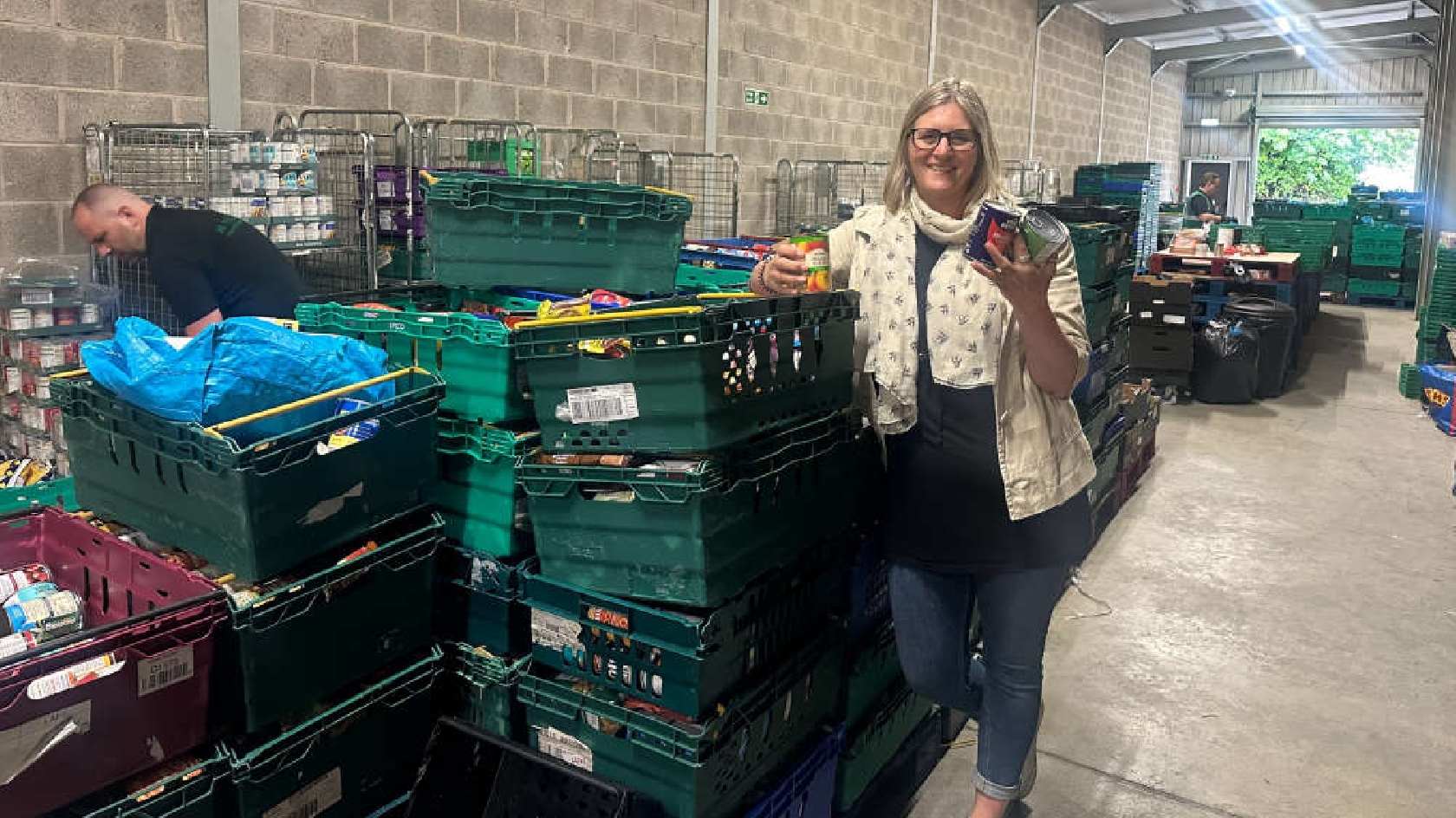You probably recall the stories about Leicester's clothing industry in recent years: grim labour conditions, pay below the minimum wage, "dark factories" serving the fast fashion sector. What is less well known is what happened next. In short, the industry has cratered.
In the wake of the recurrent scandals over "sweatshop" conditions in Leicester, the majority of major brands have now abandoned the city, triggering an implosion in production in the place that once boasted that it "clothed the world".
And now Leicester faces a further existential double-threat: competition from Chinese companies like Shein and Temu, and the impending arrival of cheap imports from India, following the recent trade deal signed with the UK. Many worry it could spell an end for the city's fashion business altogether.
Gauging the scale of the recent collapse is challenging because many of the textile and apparel factories in Leicester are small operations that can start up and shut down rapidly, but according to data provided to Sky News by SP&KO, a consultancy founded by fashion sector veterans Kathy O'Driscoll and Simon Platts, the number has fallen from 1,500 in 2017 to just 96 this year. This 94% collapse comes amid growing concerns that British clothes-making more broadly is facing an existential crisis.
More on this story:
The modern slaves making our clothes in Leicester
How Leicester's textile workers are being exploited
Boohoo failed in Leicester supply chain malpractice
In an in-depth investigation carried out over recent months, Sky News has visited sites in the city shut down in the face of a collapse of demand. Thousands of fashion workers are understood to have lost their jobs. Many factories lie empty, their machines gathering dust.
The vast majority of high street and fast fashion brands that once sourced their clothes in Leicester have now shifted their supply chains to North Africa and South Asia.
And a new report from UKFT - Britain's fashion and textiles lobby group - has found that a staggering 95% of clothes companies have either trimmed or completely eliminated clothes manufacturing in the UK. Some 58% of brands, by turnover, now have an explicit policy not to source clothes from the UK.
Jenny Holloway, chair of the Apparel & Textile Manufacturers Association, said: "We know of factories that were asked to become a potential supplier [to high street brands], got so far down the line, invested on sampling, invested time and money, policies, and then it's like: 'oh, sorry, we can't use you, because Leicester is embargoed.'"
Tejas Shah, a third-generation manufacturer whose family company Shahtex used to make materials for Marks & Spencer, said: "I've spoken to brands in the past who, if I moved my factory 15 miles north into Loughborough, would be happy to work with me. But because I have an LE1, LE4 postcode, they don't want to work for me."
Threat of Chinese brands Shein and Temu
That pain has been exacerbated by a new phenomenon: the rise of Chinese fast fashion brands Shein and Temu.
They offer consumers ultra-cheap clothes and goods, made in Chinese factories and flown direct to UK households. And, thanks to a customs loophole known as "de minimis", those goods don't even incur tariffs when they arrive in the country.
According to Satvir Singh, who runs Our Fashion, one of the last remaining knitwear producers in the city, this threat could prove the final straw for Leicester's garments sector.
"It is having an impact on our production - and I think the whole retail sector, at least for clothing, are feeling that pinch."
While Donald Trump has threatened to abolish the loophole in the US, the UK has only announced a review with no timeline.
"If we look at what Trump's done, he's just thinking more about his local economy because he can see the long-term effects," said Mr Singh. "I think [abolishing de minimis exceptions] will make a huge difference. I think ultimately it's about a level playing field."
A spokesperson for Temu told Sky News: "We welcome UK manufacturers and businesses to explore a low-cost way to grow with us. By the end of 2025, we expect half our UK sales to come from local sellers and local warehouses."

(c) Sky News 2025: 'Leicester is embargoed': City's clothing industry in crisis














